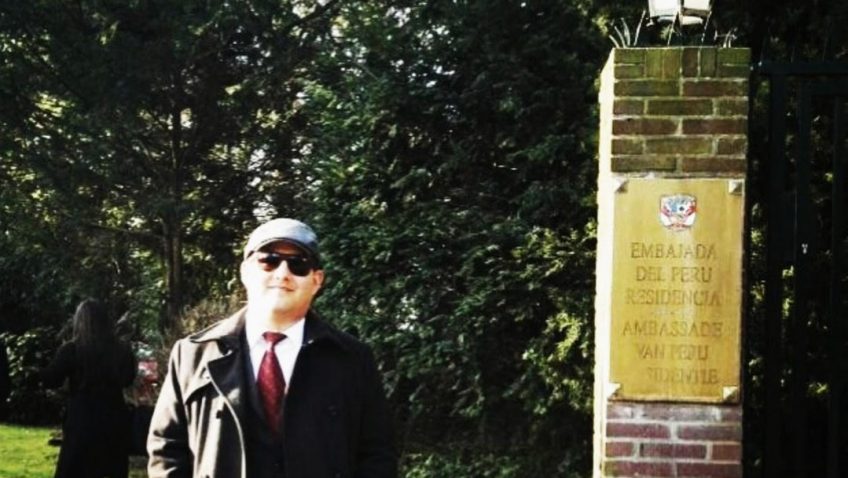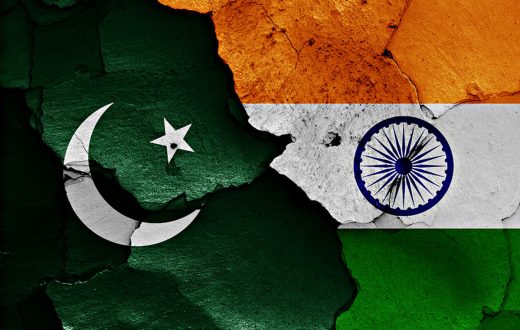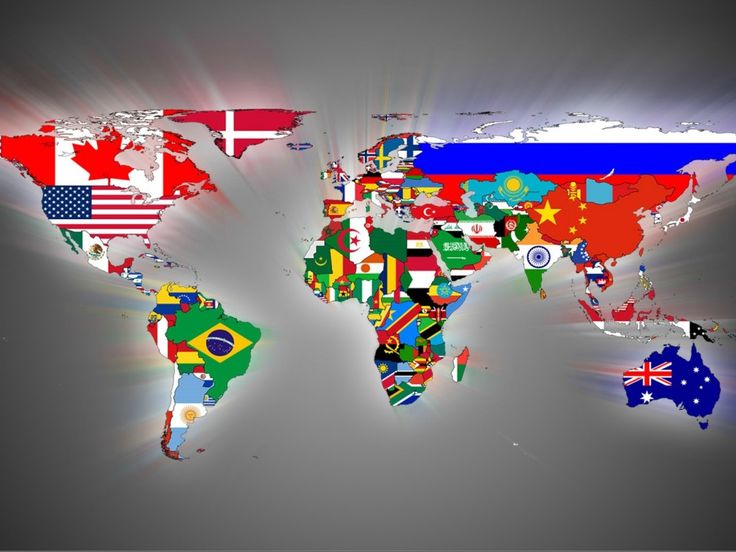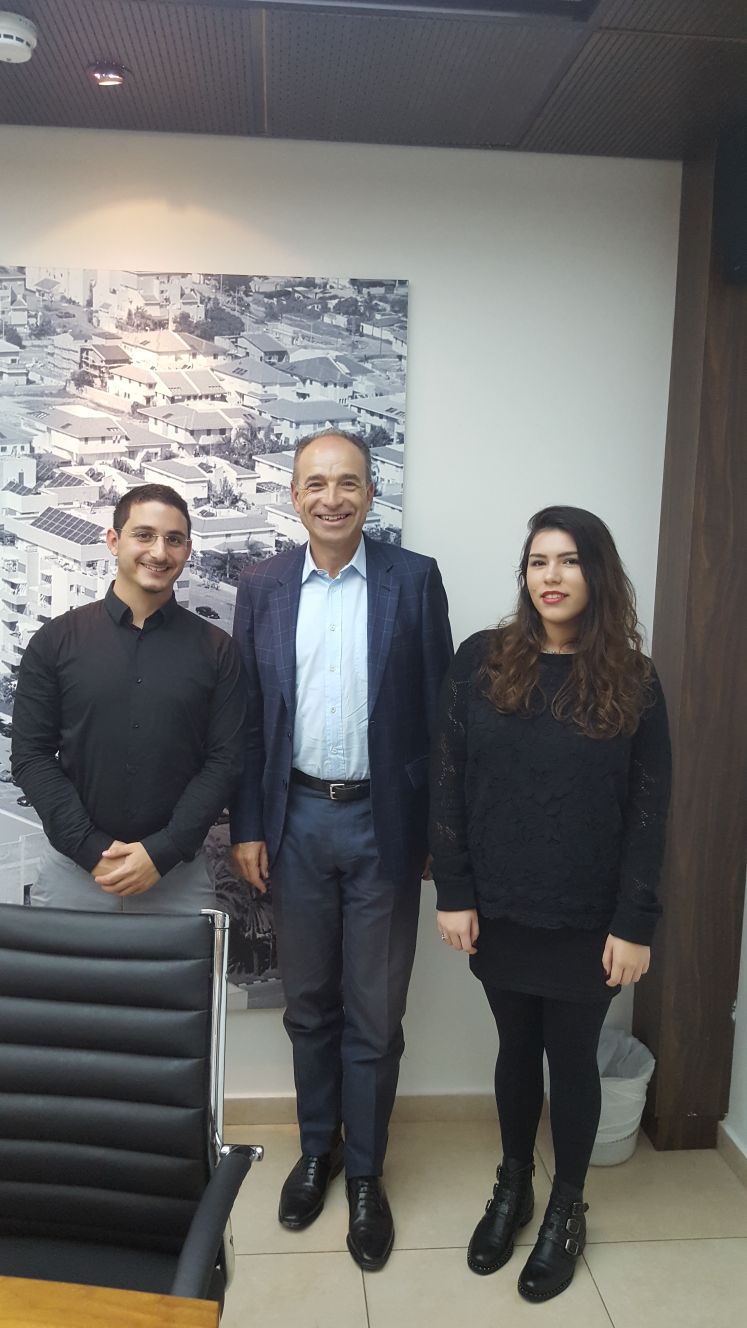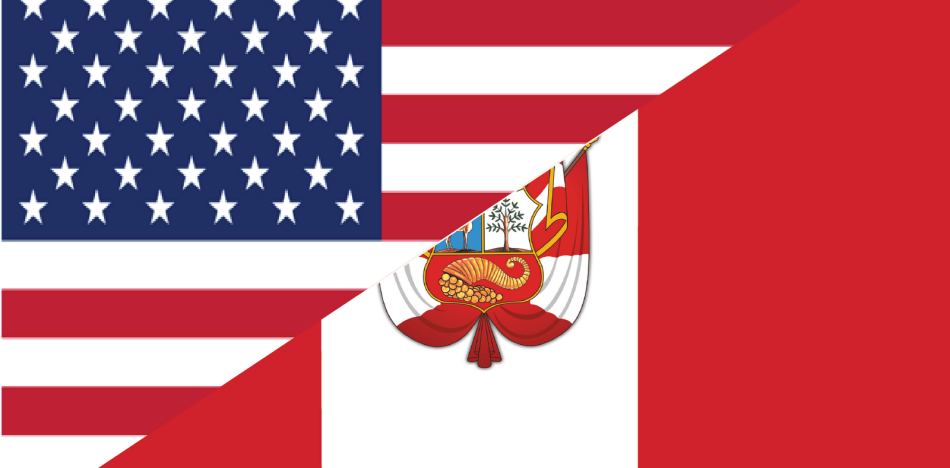The scope of this program is to promote young professionals who have a track record of commitment to the field of international affairs, who demonstrate high potential and have been involved in a variety of activities at local, regional and global level. We are continuing our series with Tony from Peru.
- Tony, thank you for giving us this interview, let’s start with you telling us more about your background?
I have a B.A. (Hons) in Political Science at the Universidad Nacional Mayor de San Marcos (Peru) as well as an Erasmus Mundus Master in Public Policy, given by the Institute of Social Studies, Erasmus Rotterdam University and the University of York. My colleagues and I founded the Institute of Andean Political Studies with the aim of filling an existing void in the academic production of Social Sciences at my country. I can say our work have given good results, since our institute has more than nine years of existence. We release two issues of the Andean Journal of Political Studies (Revista Andina de Estudios Políticos-RAEP) per year, which is actually the main reference (in academic production terms) generated from Peru for the Latin American region. On the other hand, I am also involved in activities with the International Association of Political Science Students (IAPSS), for which I work as a Deputy Editor-In-Chief of Encuentro Latinoamericano: Journal of Latin American Studies; as well as Co-Coordinator of the Latin American Outreach Program. In the city where I live now, I work as a professor of Political Science and International Relations at the Universidad Católica de Santa María-UCSM.
- What projects are you involved in currently?
Since returning to Peru, I have focused on political and institutional development projects for local governments in the south of the country. I am working closely with District Municipalities for the implementation of the Civil Service Law, which has been proposed by the National Civil Service Authority (SERVIR) as a mandatory compliance standard for all public entities. The purpose of SERVIR is the professionalization of our civil servants, and the creation of an unified public career for the Peruvian State, from the bottom to the top.
Two years ago the first School of Political Science and Government of Southern Peru has just opened at the Universidad Católica de Santa María-UCSM (Region of Arequipa). I joined UCSM few months ago, and from them I got involved with many of our current research projects, reform of the academic courses, syllabi and career licensing. I have generated four research groups with students who are preparing articles and papers on topics as varied as the relations between China and Latin America, the History of Political Science in the region, the border dynamics between Peru and Bolivia, as well as the causes of social conflicts with extractive industries. We have just formed a permanent team to participate in United Nations Models inside and outside the country; as well as a chapter on Peru for an encyclopedia that will be published by an University located in the United States.
- In your opinion, what are the challenges South America is facing today? How about the challenges faced in Peru?
In my opinion, we South Americans face some challenges that I would call ‘traditional’, as well as others typical of this time.
Our traditional challenges are linked to the geoeconomic position of the region as a producer of raw materials and a buyer of manufactured products. Although the situation is the same for all countries in the region, there are some nuances: While countries such as Brazil and Argentina have managed to consolidate a small, but very efficient industrial complex within the MERCOSUR space, countries such as Venezuela depend exclusively on oil exports, so they have to import almost all of the products they consume. In this sense, the economic presence of China is also an important challenge for us, since that country has promoted a ‘re-primarization’ of the continent’s economic structure. In Peru, many trade unions and leftist groups radically opposed the signing of the FTA with China. Although the FTA facilitated a greater investment on our mining sector, it seriously damaged our textile and manufacturing sectors. Even if manufacturing and the informal sector is bigger in employment terms, our extractive industries are more relevant for the Peruvian economy in GDP terms; so the government finally decided to sign the agreement.
In other hand, our new challenges are more related to the model of democracy, as well as the insertion of the region in a world where new protectionist and authoritarian tendencies appear. None of the governments of the region, no matter if they have open economies (Peru, Colombia, Chile) or those of the so-called ’21st century socialism’ (Venezuela, Bolivia, Ecuador), could fulfill their promise to reduce their enormous and deep-rooted corruption levels. Despite their different rhetoric and discourses, their asymmetric relations among States and Corporations really didn’t make a big difference while dealing with corruption. This problem was clearly reflected by the multi-millionaire scandal that linked the Brazilian company Odebrecht, which, for decades, has been paying bribes to high public officials to win construction bids around all the continent. Although our poor peoples have achieved certain social gains on health, education and welfare (mostly thanks to the favorable prices of raw materials during the past decade), the excessive corruption of the South American governments consolidated clientelistic structures and authoritarian models that remain sensitive to external shocks. In this sense, we can say that all the governments have acted in a more or less similar way, without major distinctions between their domestic ideologies (only Uruguay and Chile could be considered as partial exceptions of this rule).
Due to this situation, the role of Brazil as a rising power and promoter of a new multipolar order (within the framework of ‘emerging blocs’ such as the BRICS or organizations such as the Union of South American Nations-UNASUR) has vanished for now. The Odebrecht scandal and the Venezuelan crisis have been the two main causes of the terrible loss of geopolitical relevance in today’s South America.
- What are the most important qualities for young people to be successful in the international relations field?
We know well that international affairs require people prepared in international politics and economics, as well as foreign languages and cultures. From my opinion, the background required to operate in the international arena is well covered by the current academic offerings in the universities, mainly in the United States and Europe. Outside of mere knowledge aspects, I believe that emotional issues, critical thinking and attitudinal factors are very important to have a successful career on international affairs. A permanent openness of mind and ability to permanently question one’s own ideas, discourses and prejudices is indispensable. Despite the fact that more than 25 years have passed since the end of the Cold War, we continue to think in traditional terms to understand such complex issues as the concepts of ‘allies’ and ‘enemies’, the contingent nature of the integration models and the deep causes of wars. If we want to contribute to solve some of today’s world’s problems, we need more reflection on the way how do we conceptualize those problems.
- How do you empower young people to get involved in youth activities/conferences in Peru/South America/globally etc.?
Within IAPSS we aim to ‘regionalize’ the academic debate, strengthening its bonds between its headquarters, located in Europe, with students from all Latin America. I believe that our region has much to contribute, from a theoretical and epistemological point of view, to the contemporary debate in Political Science and International Relations; due to the particular characteristics of our development model, as well as the challenges we face now. I also consider that Spanish language is still scarcely represented in important academic publications, such as books from international University presses and prestigious indexed journals; which contradicts the enormous academic production that has been taking place for decades in Latin America. I believe that we have here a big opportunity to promote Spanish as one of the ‘official’ languages on academic debates, organizations, think-tanks and associations.
This is the same vision that we have in Peru within the Institute of Andean Political Studies; which aims to be an academic center capable bring together young scholars from the region with the aim of generating a Latin American network of young researchers on topics related mainly to Political Science and International Relations, but also the rest of the Social Sciences. Around all Latin America we have a large ‘spaghetti bowl’ emerging from scientific associations, research groups, institutes and think tanks; so our most urgent challenge is to increase dialogue and mutual exchange among institutions, to collaborate on shared publications and projects, as well as the creation of new competitive funds for research with support from State institutions, private companies and civil society groups. Our region has all the capabilities, as well as the right to have a stronger voice in the global affairs debate.
- What advice would you give to young people who embark on study/career path in this field?
My best advice for young students and scholars is not new: Think about international affairs outside your traditional spaces, that is, the Diplomatic Academies, the Armed Forces Institutes, or the Ministries of Foreign Affairs. Especially in regions outside capital cities, there is a growing demand for professionals of international studies, which comes mainly from regional and local governments, multinational companies or NGOs. Typical social science skills such as the management of qualitative and quantitative methods, risk analysis and fundraising are increasingly required by the various social and political actors operating in local areas that had been typically managed by lawyers, administrators and engineers. Plus, a global vision of policy, international affairs professionals have a large advantage to deal with most of development issues in our countries. From the Institute of Andean Political Studies and the Universidad Católica de Santa María, we are just starting a new research about relations between China and Peru, since our country is very sensitive to the dynamics of production and consumption of that country. We want to share our results with local stakeholders from Arequipa and the rest of Peruvian South, in order to have a realist discussion about the medium and long-term impact of Chinese trade and investment on our economy and politics.
- How important is having a mentor?
In the early stages of learning, it is indispensable. First, a mentor must teach his students what are the proper techniques for research, search and verification of sources; as well as develop a certain discipline and work habits with their students. From there, the mentor plays a more relaxed role, in which he becomes a reviewer and a source of consultation when students need help. Considering that many young people start the university with many doubts about their vocation and future after graduating, a good mentor is one who manages to get their students to develop critical thinking and independence in the shortest possible time. After that, the mentor-student relationship disappears and becomes that of two colleagues who dialogue horizontally in the construction of knowledge and the solution of problems.
- Do you have a model or an inspiration?
Yes, I had a very good professor of international affairs during my undergraduate time at the Universidad Nacional Mayor de San Marcos in Lima. Unfortunately, he passed out years ago. My reflections on mentoring and teaching come from him.
- Tell us about the main challenges that you had to overcome in this field until now?
I would like to talk about my recent experience, since from some months ago I no longer live in the capital of the country. Now I live in Arequipa, a southern city that is the second most important in the country. Although international studies in Lima already have some time of existence and prestige within the academic community, this is not the case in the rest of the country. International studies continue to be seen as ‘general culture’ knowledge and not relevant in front of the daily issues of the city, which are understood as mere domestic problems. I think this is a serious mistake, but very common in small and middle-power countries like Peru, where almost all the international and global affairs are only discussed among few scholars from Lima, outside the diplomatic body and the Ministry of Foreign Relations, also located in Lima. Arequipa is one of the Peruvian regions that depends most on foreign direct investment on mining (mainly gold and copper), while the mining company Cerro Verde (controlled by American and Dutch companies) is one of the most powerful in the country. If we add to this the fact that China is the main destination of our mining exports; topics such as Brexit, the domestic impact of the Peru-European Union FTA, and the trade war between the United States and China are topics of great interest to the Arequipa people, since these factors directly affect the incomes that regional and local governments, as well as the regional public University, obtain from mining royalties. Performance of our subnational organizations depends directly on factors such as these, which, although less visible, are decisive. Because of this, international studies scholars and professionals have a great responsibility into spreading and promoting these ideas, either from Universities, the media and civil society organizations.

